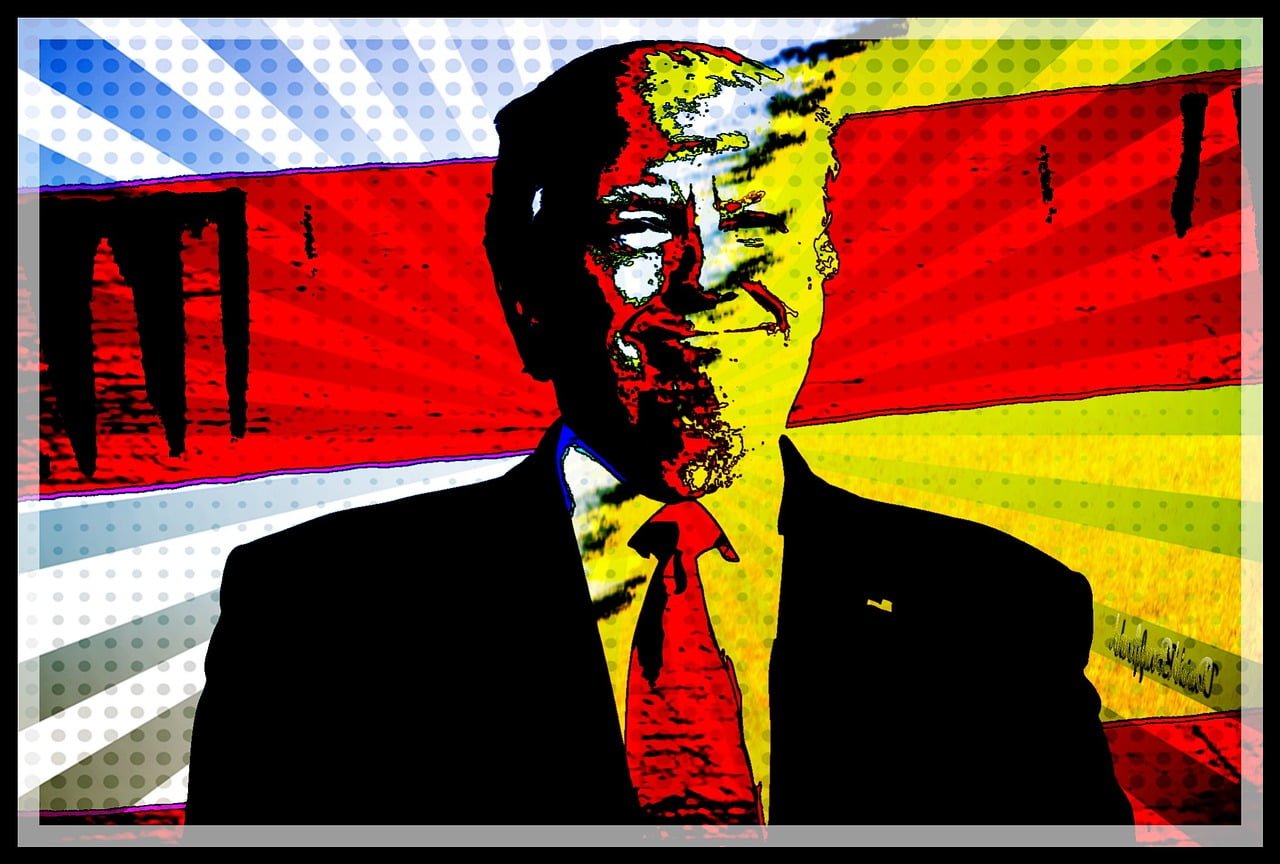Dan Fuss has established himself as one of the most respected bond investors in the industry over his 60-year tenure. In a talk last week, Fuss warned investors of geopolitical uncertainty and higher rates in credit markets.
Fuss spoke on October 12 at the CFA Institute’s fixed-income conference in Boston. Fuss is vice chairman of Boston-based Loomis Sayles and manages the firm's flagship Loomis Sayles Bond Fund (LSBDX).
Dan Fuss has spoken regularly at CFA luncheons, but last week he warned that what he had to say would be markedly different.
Opening his presentation apologizing that he didn’t have better news, Fuss said “this isn’t a real cheerful forecast.”
“I normally tell funny jokes that have everybody clapping and cheering and running off to buy bonds,” Fuss said with his signature light-hearted tone. “That’s not what this is. This is not one of those times.”
I’ll look at Fuss’ comments on the global economy and bond market, and at his assessment of some asset sub-classes within the fixed-income universe.
The four Ps
As is his standard practice, Fuss reviewed the global landscape through his “four Ps”: peace, people, politics and prosperity – and a fifth dimension he introduced a few years ago – the role of central bankers.
While Fuss cited concerns about peace – or lack thereof – it did not dominate his thinking as it did in recent years.
Fuss’ statements about peace were consistent with the points he made in his previous presentation at this conference, two years ago. Namely, he is concerned about developments in the Middle East and in Eastern Europe, and his greatest fears continue to be the developments in the South China Seas.
However he spent little time on this dimension and only introduced one new concern – conflict with North Korea.
Similarly, he breezed through his discussion of people, only briefly citing two sources of change – shifting demographics and the displacement of populations.
Instead, he focused on the recent major movements of people around the world within the context of politics.
Politics and prosperity
“People are fleeing the Middle East and good chunks of Africa, and this is creating political stress, particularly in Europe,” said Fuss. “This is causing a change as you get into the dynamics of even the most stable countries – Germany being the most recent example. It’s a problem.”
He explained that in the U.S. the refugee crisis is a political problem. But Fuss argued “in Europe, it’s more than just a political problem.”
“This is so important for the fixed-income markets,” Fuss said.
Fuss said that the widening political gap in Europe around issues like the refugee crisis is “the possible mischief maker” for the next few years.
While explaining that markets are already feeling the negative effects of this trend, Fuss added that “I personally would be delighted if I woke up one morning and found out Brexit had been cancelled.”
Fuss predicted that over time, this political stress will diminish. However, he explained that “because there are strong views on the far left and the far right as to how to deal with these [refugee] issues and it intersects with budget issues,” this won’t happen until there’s a political “snap back” to the middle.
Shifting away from international affairs, Fuss went on to discuss the political situation at home through a geopolitical lens, which was the main focus of his talk.
“The last time we talked, this was a real short subject and I immediately skipped to prosperity,” Fuss said. “This time, we can’t do that.”
Fuss conveyed his reluctance to focus his talk on a political discussion. “We have clients around the U.S. that have strong views across the spectrum, so I’ve learned to walk very carefully on this topic,” Fuss said. “I would just as soon skip it, except that it’s affecting markets.”
Fuss argued that the current U.S. political climate is causing investors to feel like they need to be prudent.
According to Fuss, when dealing with American investment managers, international market participants are much more cautious lately. He posited that this is not a reflection of our managers or their performance, but rather an effect of the recent stress within the American political system.
He clarified that in terms of legislation, “our national political process hasn’t been doing much,” and suggested that recent investor worries are a consequence of perceived risk.
By Marianne Brunet, read the full article here.






